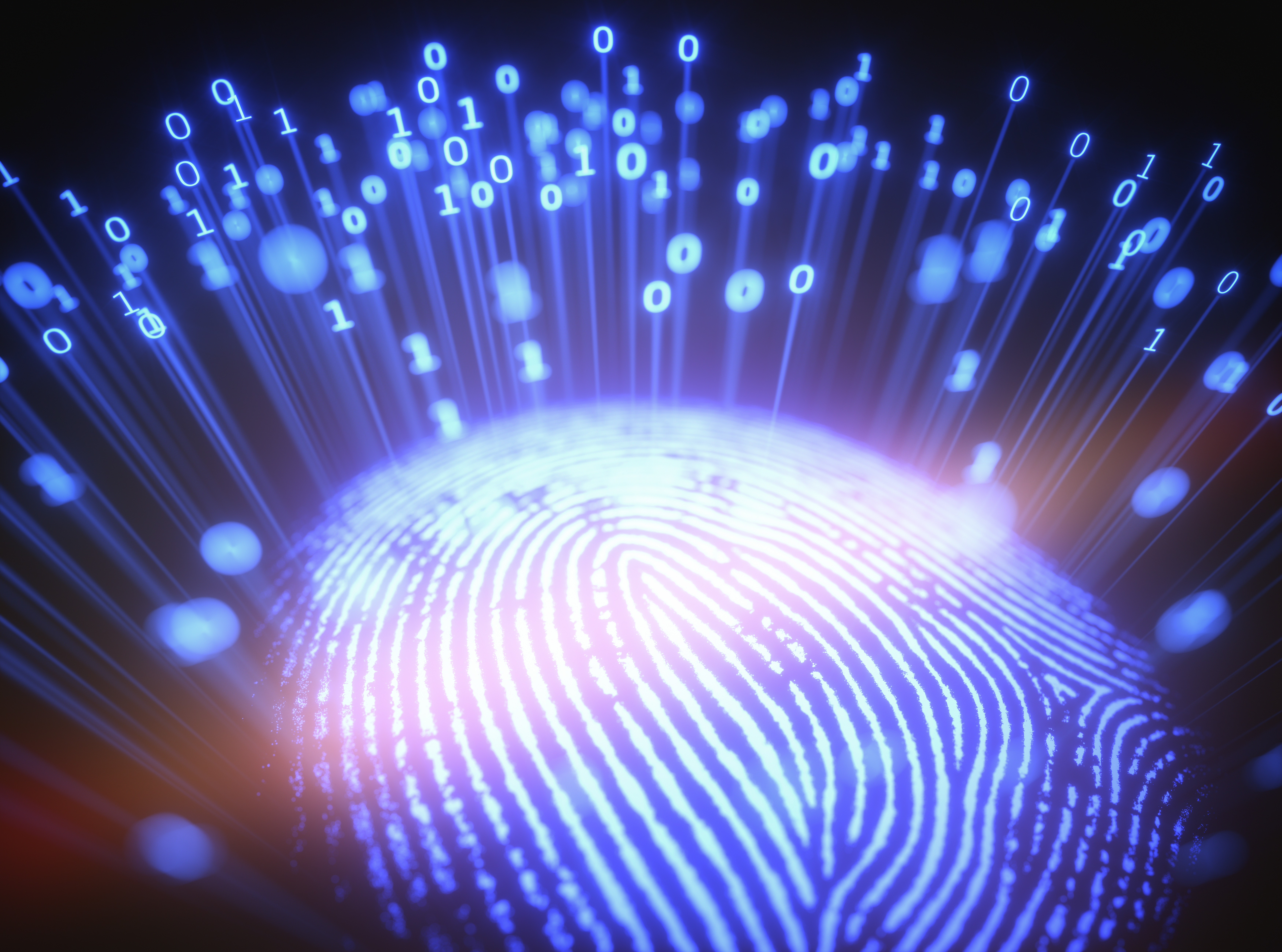Determining Sex Through The Analysis Of Fingerprint Residue
19 Jan. 2020

Fingerprint examination remains one of the most important forensic methods in crime investigations. A new study suggests that a new chemical technique could help determine the owner’s sex – potentially narrowing the list of suspects by 50 per cent.
Forensic fingerprint analysis has been used to identify criminals for over a century. The process begins with a deposited – or ‘latent’ print found at a crime scene or on an item of evidence. Analysts then visually assess its qualities – including the shape, depth and length of the ridges – to find out if it matches a suspect.
Going Beyond the Visuals
But in cases where no suspects are identified, chemical analysis of the fingerprint residue can also provide useful information for eliminating potential suspects. The main components of fingerprint residues are water, amino acids, proteins, inorganic materials and many fatty acids. To detect these, forensic scientists can apply a range of techniques involving the use of substances that react with certain molecules and change its optical or chemical properties. For example, the chemical 1,2-indanedione (IND) reacts with amino acids producing fluorescent compounds.
In a new study, published in the Journal of Forensic Sciences, scientists use the fluorescence spectra of IND with amino acids in fingerprint residue as a way of determining sex.1
A More Sensitive Technique
The researchers gathered latent fingerprint samples on white paper from 21 male and 21 female students. They determined fluorescence intensity broadband emission spectra by mixing samples with IND solution, leaving at room temperature for a day and then carrying out optical spectroscopy techniques. The water used to make all experimental solutions was ultrapure generated from an ELGA PURELAB® flex water purification system.
The team found that this new fluorescence technique is much more sensitive than previous detection methods based on absorbance, opening new possibilities for detecting very small concentrations of amino acids in fingerprint residue.
Sex Determination
The scientists next analysed fingerprint samples pooled by sex, finding that the average fluorescence intensity was almost two times higher in the females than males. And by targeting some individual amino acids, the researchers achieved even higher differentials – for example, lysine and arginine peaks intensity were more than three times higher than most others.
They also collected and analysed four fresh fingerprints on plastic wrap from a further four volunteers – two male and two female – from their own laboratory. Although these were small numbers, the results showed an even clearer sex difference, with fluorescence readings from samples from females more than two times that of males.
A Potentially Valuable New Forensic Tool
This study shows that fluorescence is a highly sensitive detection method for detecting amino acids in latent fingerprint residue – and suggests it could be used in sex determination. If validated in larger studies, the method could potentially provide a valuable new tool to support forensic investigations.
In the future, it could even be further refined for scanning latent fingerprints directly on the surface that it is deposited without the need for extraction.
Why Choose ELGA LabWater?
ELGA Labwater has been a trusted name in pure and ultrapure water since 1937. We believe in giving you choice in how you use our water purification solutions, supported by excellent service and support.
Reference:
- Alaoui, IM., Halamek, J., Fluorescence of 1,2-Indanedione with Amino Acids Present in the Fingerprint Residue: Application in Gender Determination. J Forensic Science, doi: 10.1111/1556-4026.14025
Dr Alison Halliday
After completing an undergraduate degree in Biochemistry & Genetics at Sheffield University, Alison was awarded a PhD in Human Molecular Genetics at the University of Newcastle. She carried out five years as a Senior Postdoctoral Research Fellow at UCL, investigating the genes involved in childhood obesity syndrome. Moving into science communications, she spent ten years at Cancer Research UK engaging the public about the charity’s work. She now specialises in writing about research across the life sciences, medicine and health.
